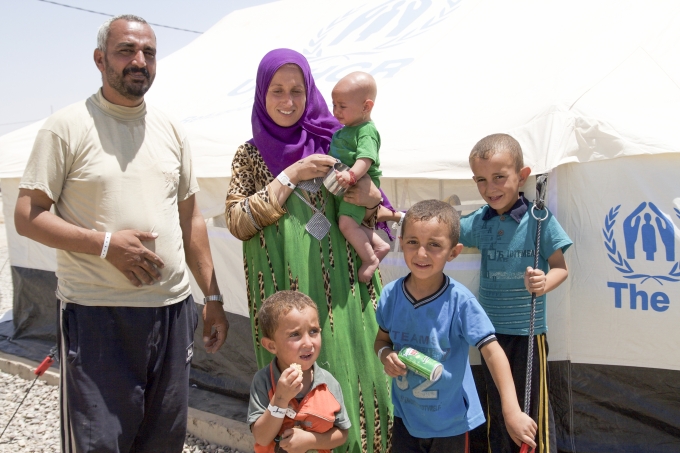KEY MESSAGES
- 695 confirmed cases of COVID-19 in Iraq as of 1 April 2020
- 50 fatalities confirmed due to COVID-19 as of 1 April 2020
- 170 patients who have recovered from the virus
- Curfews/airport closures extended
- WHO expects spike in recorded cases due to increased testing
- New ministerial high committee formed
SITUATION OVERVIEW
As of 1 April 2020, the Iraqi Ministry of Health has confirmed 695 cases of COVID-19 in Iraq; 50 fatalities; and 170 patients who have recovered from the virus. Approximately one-quarter of the cases are in the Kurdistan Region of Iraq (KRI; the remainder are in federal Iraq.
The Government of Iraq (GOI) has extended curfews and movement restrictions in federal Iraq until 19-April. The Kurdistan Regional Government (KRG) has extended curfews and movement restrictions until 10-April, and announced that government offices will remain closed until 16-April. Airports throughout Iraq and the KRI will remain closed until 11-April.
The GOI has established a ministerial High Committee for National Health and Safety to help contain the outbreak of COVID-19. The committee is chaired by the Prime Minister and includes the Ministers of oil, finance, planning, foreign affairs, interior, higher education, trade, health, agriculture, labor and social affairs, communications and transportation.
Other members include the National Security Adviser, Civil Aviation Authority Director, Kurdistan Region representative, Communication and Media Commission Director, Border Authority Director and the head of the Iraqi media network.
The confirmed case load in Iraq has doubled over the past week, which the World Health Organization (WHO) attributes primarily to more labs opening throughout the country and the increased availability of testing. There is expected to be a continued surge in confirmed cases in coming days.
The Iraqi Red Crescent Society has undertaken a mass disinfection campaign throughout the country, sterilizing thousands of sites including markets, shops, residential areas, hospitals, health institutions, prisons, mosques and shrines.
Camp management actors are working with the Iraq Information Centre (IIC) on the mass dissemination of information related to COVID-19 prevention and preparedness via SMS for families living in camps. The IIC is a call centre that provides information on humanitarian assistance in Iraq to IDPs, returnees, asylum seekers, refugees, and vulnerable host community members.
Some banks are re-opening in both KRI and federal Iraq, on reduced operating hours. This is expected to help ease reported problems with cash-based transfers to people in camps, as well as the payment of salaries for national staff. Partners continue to monitor the liquidity of financial institutions.
(Source: OCHA)

